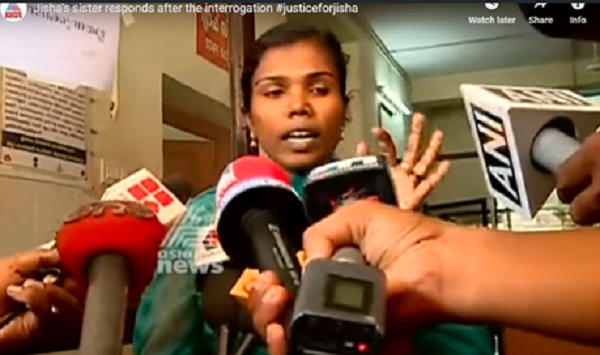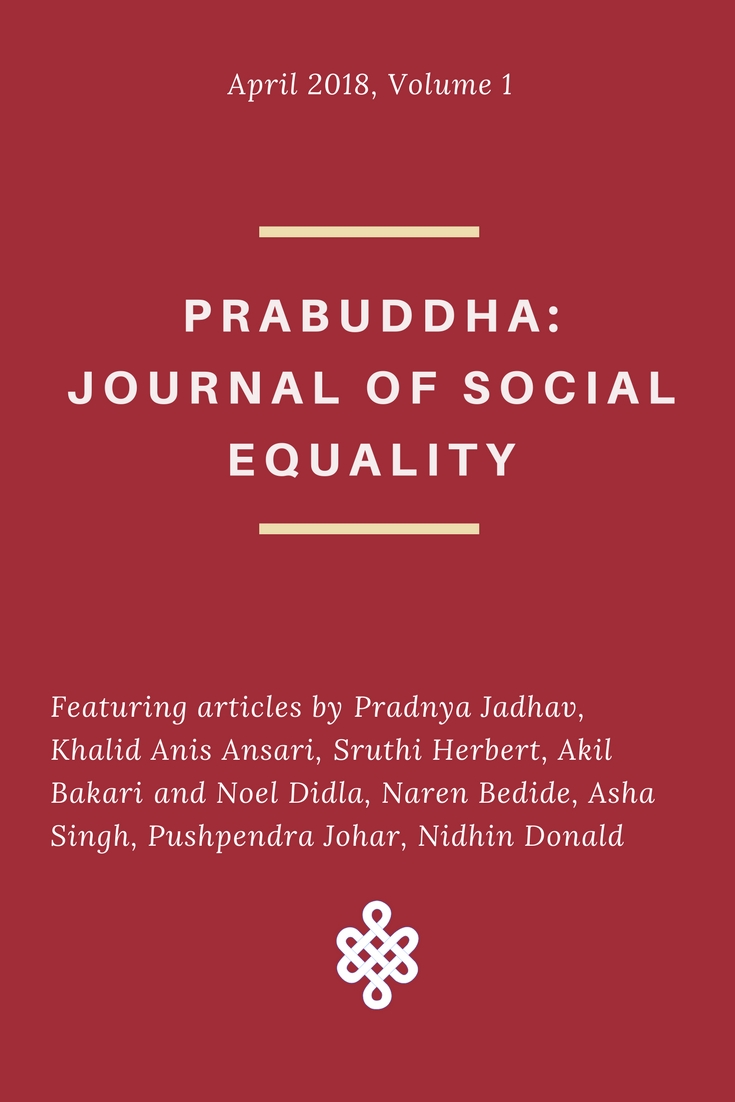Nolina Minj
This article was first published here on Round Table India.
 India’s official entry to the Oscars, Newton, has done well for itself in the box-office. Critics have described it as ‘brilliant, subversive and one of the finest political satires we have seen in the last couple of years.’ With all this acclaim, I was curious to watch the movie, especially as its selling point was its setting in the Maoist-ridden forests of Dandakaranya, Chhattisgarh.
India’s official entry to the Oscars, Newton, has done well for itself in the box-office. Critics have described it as ‘brilliant, subversive and one of the finest political satires we have seen in the last couple of years.’ With all this acclaim, I was curious to watch the movie, especially as its selling point was its setting in the Maoist-ridden forests of Dandakaranya, Chhattisgarh.
I wonder what criteria lay the heavy burden of Oscar aspirations on a movie. A presumption is that the film would contain some quintessential representation of India – like the anti-colonial spirit of Lagaan or the revered Indian motherhood of Mother India. But watching Newton left me deeply annoyed; as an urban adivasi I felt that the quintessential element of the movie was the unfailing poverty, backwardness, and marginality of adivasi communities in India.
There has been some discussion about whether the protagonist is Dalit or not. Can a sole portrait of Ambedkar decorate no other walls than that of a Dalit household? Who knows? As Newton walks into the heartlands of Naxalism, he is intrinsically in a position of privilege as an educated, peri-urban man who is an employee of the State. Newton’s imaandaari did not enthrall me, but his obstinacy at being a stickler for rules left me thoroughly puzzled. In a country where the term jugaad has been touted as a philosophical concept, who was this man apparently unscathed from the ups and downs of life? Dalit or not, the idealness of this apolitical protagonist for a ‘political’ movie seems particularly urban, middle class and Savarna-ish. If the film tries to be subversive in making him a Dalit, then this endeavour is negated by its unidimensional depiction of the Gonds as an utterly powerless community.
The movie begins with a brief caption that explains the setting and context of Dandakaranya and Naxalism, making you think that it mainly deals with this weighty topic. But the Gond adivasis and their exploitation, which it showcases, serves as the backdrop to Newton and his time in their homeland. The locale is ultimately a prop for the storyline as Dandakaranya is not the only region in the country that has been forsaken by Indian democracy and is rife with insurgency. Although set in Chhattisgarh, I could easily see this happening in villages near my hometown in Jharkhand, or in Kashmir, or the north-eastern states. The warnings and wisecracks about the threat of Naxalites remain superficial and do not paint a larger picture. In that sense, Newton offers no more insight or nuance to the realities of Gonds living in Maoist-ridden, rural Chhattisgarh than Zindagi na milegi dobara does for Spain.
Nonetheless, the movie is not entirely unperceptive of its eponymous protagonist being an outsider, for it compensates for this through the character of Malko Netam – a weathered, local school teacher played by Anjali Patil, who delivers some sharp dialogues as the sole adivasi in the limelight. When Newton asks her if she’s a nirashavadi like the cynical Loknath (Raghubir Yadav), she says: ‘Nahin, mein adivasi hoon‘ with stoical resignation. And when Newton remarks that it’s interesting how the Gonds make chutney out of ants, she tells him what is interesting to her – that Newton only lives a few hours away from where they are at, and yet he knows nothing about the place. Matter of fact, everything Malko’s character says increasingly feels like tick marks on the required checklist for this movie to pass as sufficiently woke. In the end, Malko does nothing more than drive the plot forward; we see zero development in her character, and she serves no other purpose than to inspire Newton. She is saturated with her adivasi-ness; the perfect token. It’s probably too much to ask for a real adivasi actress to play an adivasi woman in Bollywood… Perhaps, points should be given for the fact that when you try to imagine an archetype of the fetishized, dark, and exotic, adivasi woman, Patil perfectly fits the bill.
No other adivasi character in the movie is put in the forefront except for Malko. I am positive that more screen time is spent on Newton and Aatma Singh (Pankaj Tripathi) arguing than on any adivasi character. When the plot does spend time on the Gonds in the camp, it’s only to show the mistreatment meted out to them and their submission to it. The film does not spend any time building their story or even adding nuance to their plight; they are reduced to being hapless victims sans agency. After the forced and farcical voting occurs, the camera spends a good minute or two on close-up shots of the quirkiest-looking adivasis who voted, its gaze bordering on Orientalism. Evoking imperialism is not a far-fetched argument when Savarna media has called Dandakaranya the heart of darkness in some reviews.
At one point in the movie, the Gonds go inside the polling booth to start voting. As the first man Sukku reaches the Electronic Voting Machine, he just stands there, not knowing what to do. Then Loknath laughs out loud and says derisively ‘Electronic machine iske baap ne bhi nahin dekhi hogi, yeh aake khara ho gaya bas.’ In the theatre that I was, the audience burst out laughing. I was probably one of the few who did not laugh as I have never understood why making fun of the marginalised is funny. Imagine a similar situation set abroad, say an American movie that shows a white man laughing at an Indian man unable to use a self-checkout machine at a grocery store, for he has simply never used one before. I wonder how many people in the same audience would laugh and how many would cry foul over the racism. Such scenes in Newton made it unclear if the laughter was to be directed at the absurdity of the situation or the inadequacies of the adivasi character. This lack of clarity again undermined the endeavours to make the film a legitimate political statement.
As I walked out of Newton, I thought of the Nigerian writer Chimamanda Adichie’s words, warning us about the danger of ‘the’ single story. She says: ‘The single story creates stereotypes, and the problem with stereotypes is not that they are untrue, but that they are incomplete. They make one story become the only story. . . The consequence of the single story is this: It robs people of dignity. It makes our recognition of our equal humanity difficult. It emphasizes how we are different rather than how we are similar.’ This is not the first time adivasis have featured in a Bollywood movie. And yet all the movies I can think of, Raavan, Bahubali and MSG-2 heavily rely on stereotypes for their portrayal. Newton too breaks none of these stereotypes for me, and I found nothing so brilliant or subversive about it.
~~~
Nolina Minj is a writer and researcher.
Picture courtesy: the internet.


